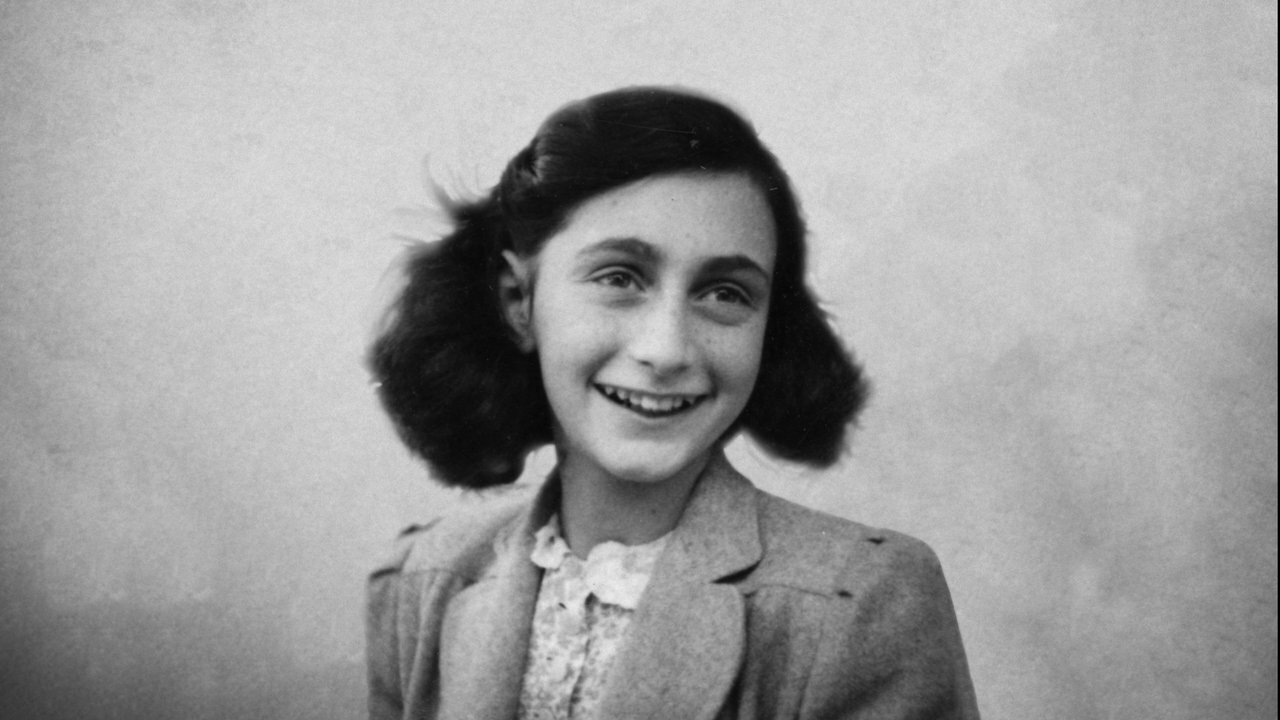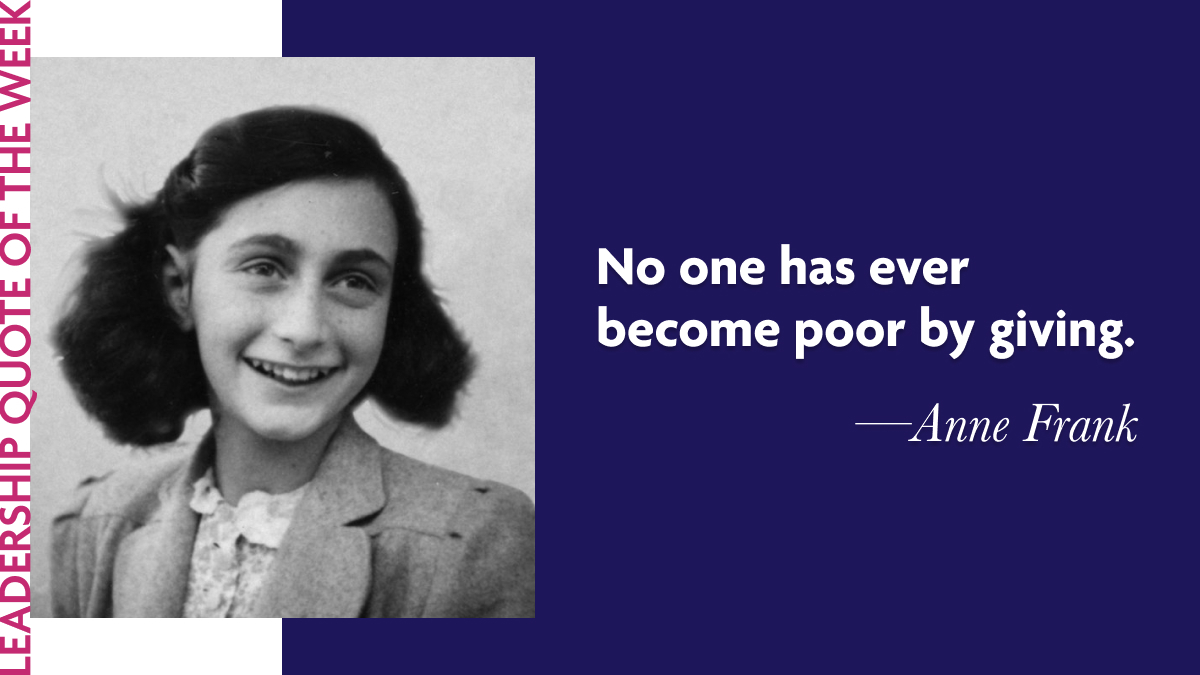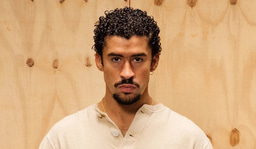
Anne Frank: The Economics of Generosity
A little more than a week from now, on 5 September, we mark the International Day of Charity, a United Nations international day established in 2012 to honour Mother Teresa. We turn to a voice shaped by scarcity yet rich in moral clarity. This week, we reflect on Anne Frank’s profound wisdom on what it means to give.

Anne Frank was a Jewish diarist whose reflections from hiding during the Nazi occupation of the Netherlands have shaped generations’ understanding of conscience, courage, and hope. Her diary, written between 1942 and 1944 and published posthumously, continues to challenge leaders to act with decency even when resources and certainties are painfully limited. Born of deprivation, her insight carries a stern moral authority, a wisdom forged in suffering rather than lifted by naïve optimism.
Cultivating Leadership through the Gift of Generosity
Frank’s words invite a reframing of the notion of ‘cost’. In leadership, giving of time, attention, trust, opportunities, or credit seldom impoverishes; it multiplies capacity and commitment. Material wealth may be finite, yet the treasure of social capital expands when shared freely. Generosity constructs psychological safety, ignites initiative, and proclaims that human worth is not constrained by scarcity. When pressures mount and the instinct to withhold rises; the wiser choice is to give precisely then, for generosity turns isolation into solidarity and effort into momentum.
This spirit aligns with the Laidlaw value of #Good and the Oxford Character Project virtue of #Humanity. Being good means pursuing outcomes that benefit others as well as ourselves, and measuring success by the lives we enable. Humanity means recognising the dignity of each person and choosing compassion as a leadership practice, not an afterthought.
A Call to Reflect
We invite you to reflect on Anne Frank’s insight. Share one small act of generosity you will commit to this week, and why Where in your leadership this week could you offer a listening ear, extend trust before certainty, or give your unhurried presence, even when caution urges restraint?





Please sign in
If you are a registered user on Laidlaw Scholars Network, please sign in
love that phrase, ''no one has ever become poor by giving''!